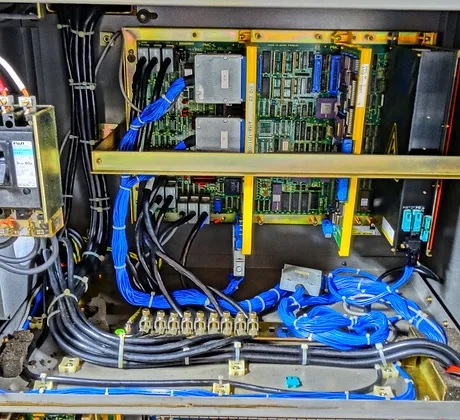
In the ever-evolving landscape of design and engineering services, automation is emerging as a game-changer, revolutionizing the way tasks are accomplished and solutions are delivered. From streamlining processes to enhancing productivity, the integration of automated technologies is reshaping the engineering sector. Let’s delve deeper into how automation is catalyzing this transformation.
Enhancing Efficiency Through Robotics
Robotics has emerged as a cornerstone of mechanical engineering, offering unparalleled precision and efficiency in various tasks. In the realm of design and engineering services, robots are increasingly utilized for tasks such as assembly, welding, and material handling. By automating these processes, companies can achieve higher throughput rates, reduce errors, and enhance overall quality. This not only accelerates project timelines but also optimizes resource utilization, ultimately leading to cost savings for clients.
Optimizing Design Processes with AI
Artificial Intelligence (AI) is revolutionizing the design aspect of engineering services. AI-powered algorithms can analyze vast amounts of data to derive valuable insights, aiding engineers in optimizing designs for performance, cost-effectiveness, and sustainability. Whether it’s simulating complex scenarios or generating innovative design solutions, AI is augmenting human capabilities and accelerating the pace of innovation in engineering.
Streamlining Prototyping and Testing
Automation is also transforming prototyping and testing processes, enabling rapid iteration and validation of designs. Technologies such as 3D printing and automated testing equipment allow engineers to quickly produce prototypes, conduct comprehensive tests, and iterate designs based on real-world performance data. This iterative approach not only reduces time-to-market but also facilitates a more agile and responsive development cycle, ensuring that final products meet or exceed client expectations.
Revolutionizing Manufacturing and Integration
In the realm of manufacturing and integration, automation is driving significant advancements in efficiency and flexibility. Automated manufacturing systems, equipped with robotics and advanced control systems, enable seamless production of complex components with minimal human intervention. Moreover, automated integration solutions facilitate the seamless coordination of various subsystems, ensuring smooth operation and interoperability in complex engineering projects.
Ensuring Safety and Compliance
Automation plays a crucial role in ensuring safety and compliance standards are met throughout the engineering process. From real-time monitoring systems to automated compliance checks, technology-driven solutions help mitigate risks and ensure adherence to regulatory requirements. By integrating automation into safety protocols and compliance procedures, engineering services can enhance overall project reliability and mitigate potential liabilities.
One exemplary company leading the charge in providing cutting-edge engineering services is Makers Tool & Manufacturing Co. With a focus on Mechanical Design, Automation, Manufacturing & Integration, Makers Tool leverages state-of-the-art technologies to deliver innovative solutions tailored to meet client needs. From concept to execution, Makers Tool’s expertise in automation-driven engineering services ensures unparalleled quality, efficiency, and value for its clients, setting a benchmark for excellence in the industry.
In conclusion, automation is not just a buzzword but a transformative force reshaping the landscape of design and engineering services. By harnessing the power of robotics, AI, and advanced manufacturing technologies, companies can unlock new levels of efficiency, innovation, and competitiveness. As pioneers like Makers Tool & Manufacturing Co demonstrate, embracing automation is essential for staying ahead in today’s dynamic engineering landscape.


